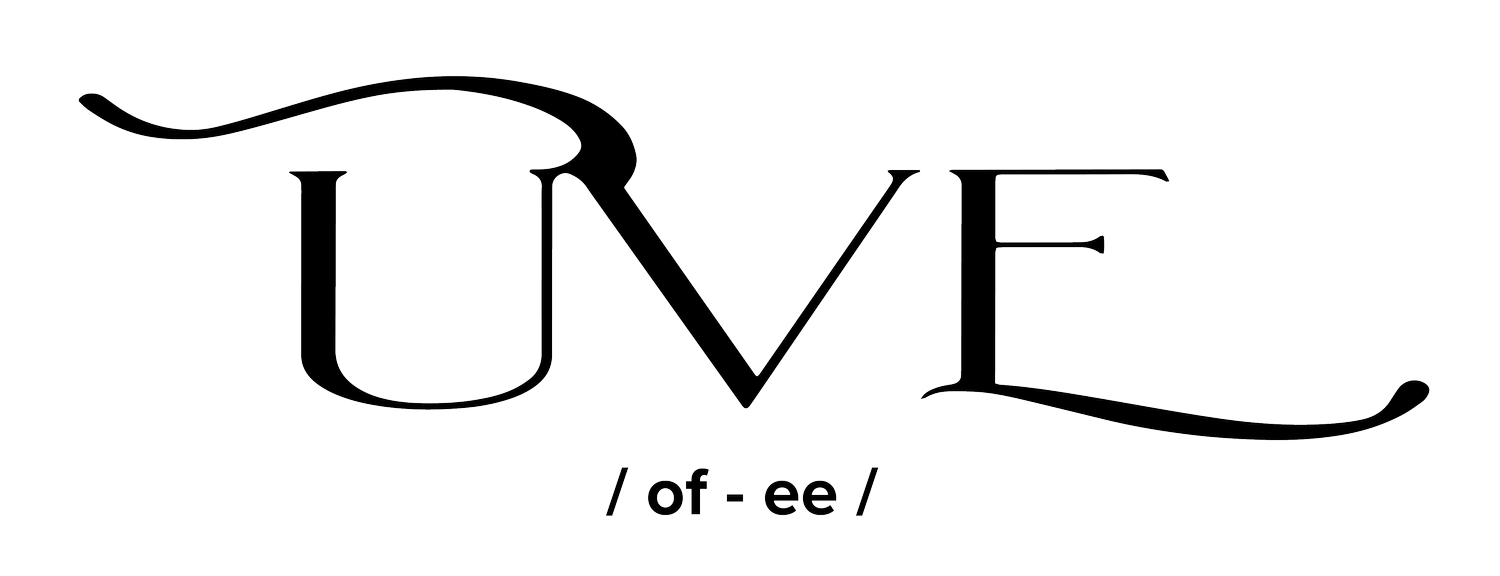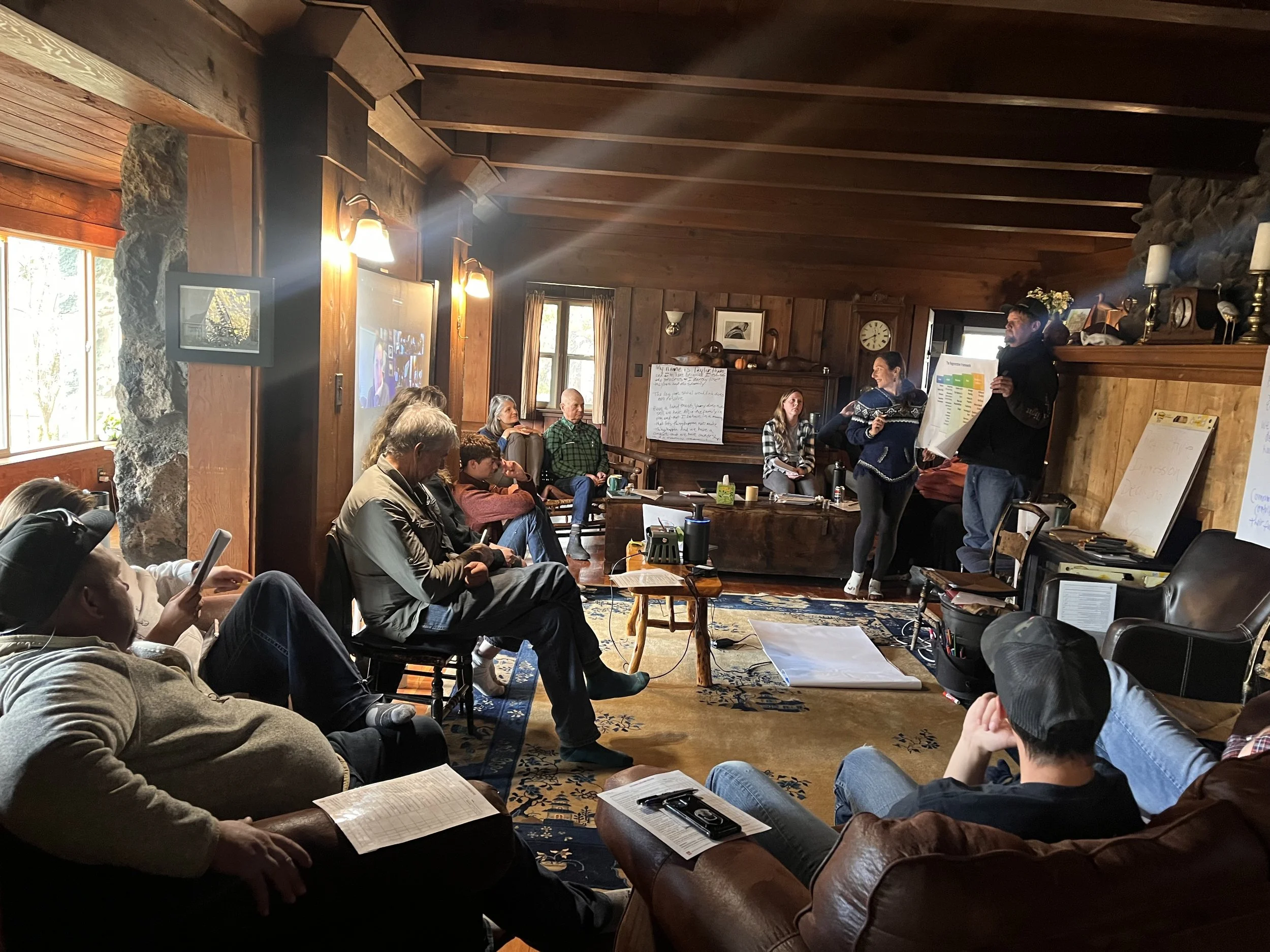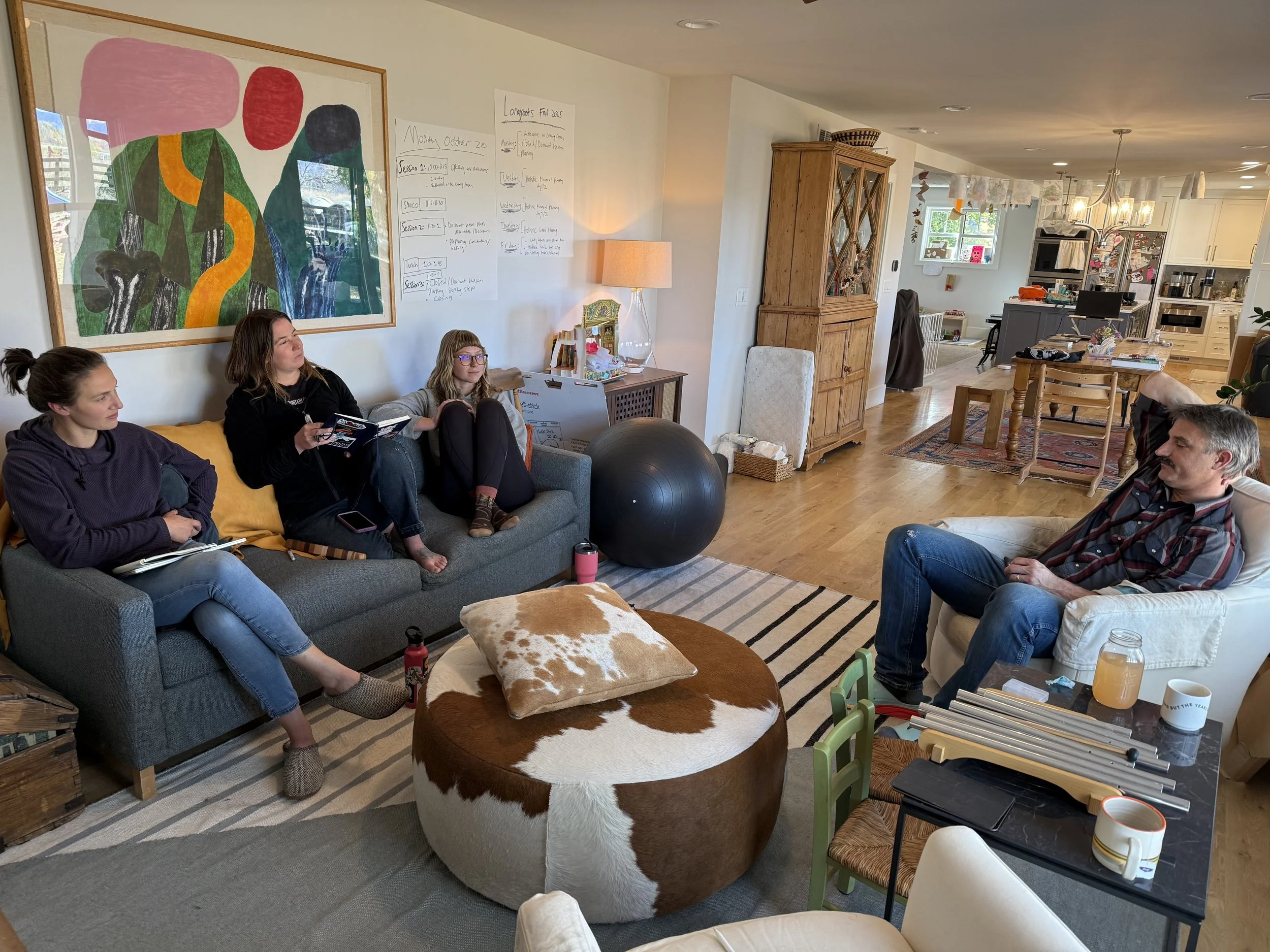Navigating holistic decision-making for a flourishing future
Engagement Models
We’ve created flexible formats to meet you where you are:
Ongoing Monthly Holistic Management Implementation Support
Consistent guidance for families, teams, and organizations in active transition.
Light Touch: 10 hours/month
Standard: 20 hours/month
Deep Support: 30 hours/month
Includes: dedicated guides, priority scheduling, monthly progress tracking, and a blend of facilitation, teaching, planning, and logistics.
On-Site Visioning Intensives
Transformational 3-day sessions where we walk your land with you. Designed for visioning, enterprise exploration, or strategic turning points.
On-Site Visioning Intensives include two senior guides, pre-consultation, full days on-site, customized summary, and materials.
Enterprise Class Pass
Train your team in regenerative practices with flexible access that is specific to your enterprises.
Courses include: Holistic Grazing, Ecological Monitoring, Land Planning, Financial Planning, Policy Creation, and Research Design.
Facilitation Services
Need a neutral guide for a critical conversation or retreat? Our specialized add-ons include:
Succession Planning & Legacy Facilitation
Relational Repair & Conflict Support
Meaning and Purpose Development (Holistic Context)
Ecosystem Mapping & Enterprise Clarity
Meeting Infrastructure Design
Land Story & Communication Support
Restorative Practices & “Root Work”
At UVE, we recognize that conflict is part of any relationship—whether among family members, business partners, or community groups. Our expertise in restorative practices, including Circle Work, provides a safe and structured space to:
Increase shared understanding
Repair relationships and resolve conflicts
Create pathways for long-term collaboration
This process shifts the focus from blame and division to restoration and growth, allowing individuals and groups to move forward with clarity and trust.
Each engagement begins with listening. We conduct in-depth interviews with land stewards to understand their aspirations and challenges. From there, we design a tailored pathway that integrates:
Land Health Assessments – Baseline ecological evaluations to inform strategic decisions.
Holistic Context Creation – A guided process to align land, business, and personal values.
Regenerative Business & Organizational Design – Structuring land-based businesses for profitability and family well-being.
Financial Planning – Holistic financial strategies that support long-term sustainability.
Holistic Management Training – Courses covering planned grazing, ecological monitoring, and land planning.
Ecological Outcome Verification (EOV) – Data-driven analysis to track and improve land health.
Ongoing Support & Community Engagement – Monthly Quality of Life Design sessions and peer-to-peer learning opportunities.
UVE’s Commitment to Equity & Access
Land stewardship and intergenerational healing should not only belong to those with wealth and privilege. We actively work to ensure our services are accessible across communities.
If you are part of a grassroots, Indigenous-led, BIPOC-led, women and non-binary-led, or community-based group, we are open to adjusting rates or co-creating fee structures that make engagement possible.
Why Work with UVE?
We bring experience, humility, rigor, and care to complex, emotionally charged, and technically demanding work. We manage our own organization, lives and land holistically.
Our team combines:
Decades of experience in holistic management and regenerative agriculture
Real-world stewardship experience and ecological and financial literacy
Skilled facilitation for emotionally complex dynamics
Expertise in organizational structure and implementation
An equity lens and experience with Indigenous partners and food systems
Building consensus around thorny ecological, social, and financial issues.
We help clients move from stuck to aligned, reactive to strategic, isolated to connected.
👉 Start an Engagement → by completing this form
Engagements with UVE
Facilitation. Strategy. Implementation. Transformation.
At UVE, we know that transformation is rarely simple. Families wrestle with succession and legacy. Organizations face conflict, structural change, and ecological responsibility. Communities work to restore land and sovereignty in a time of uncertainty.
Succession & Leadership Transition
Support for generational handoffs and leadership changes grounded in relational facilitation, shared vision, and legacy clarity.Conflict Resolution & Relational Repair
Compassionate, structured processes to move through conflict and cycles of stuckness.Ecological Monitoring & Grazing Planning
Science-based ecological assessments and grazing strategies that plan for, and allow for, recovery, repair, and regeneration.Financial & Enterprise Planning
Tools to design profitable enterprises, manage cash flow, reduce debt, lower inputs, build resilience, and make transparent financial decisions.Organizational Design & Governance
Structures, agreements, and systems that help families and teams function effectively and align with their holistic context.Food Systems & Sovereignty
Experience supporting food system design and sovereignty efforts, particularly with Indigenous and historically marginalized communities.Communication & Meeting Systems
Restorative tools and practices that turn confusion into clarity — from decision-making processes to meeting cadences.
You don’t have to navigate this alone. Our Engagements are tailored, collaborative partnerships designed to help you move through transition with clarity, compassion, and momentum.
At UVE, we work alongside land stewards—families, organizations, and individuals—who are deeply committed to Holistic Management. Our approach is rooted in understanding your unique vision and goals. Through personalized pathways, we provide the tools, resources, and guidance necessary to enhance the health of your land, your family, your organization, and your business. Our Engagements are tailored, collaborative partnerships designed to help you move through transition with clarity, compassion, and momentum.
What We Offer
We bring decades of practical ranching, facilitation, regenerative agriculture, and entrepreneurial experience. Engagements are flexible, responsive, and designed around your unique context.






